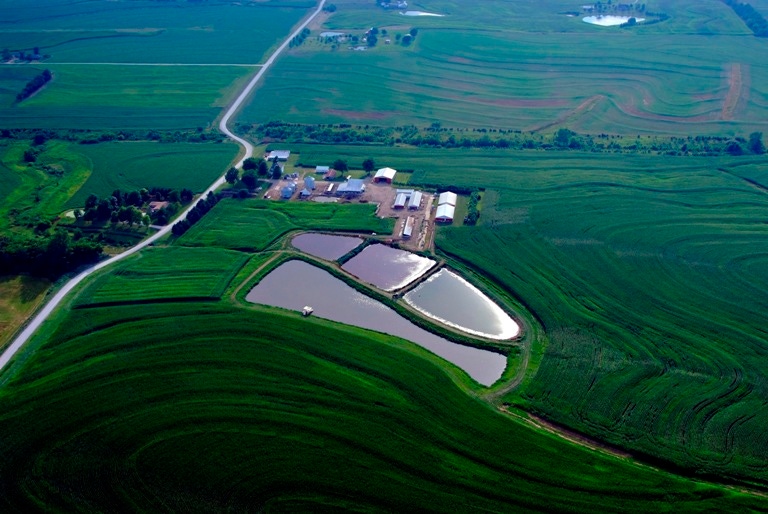Limiting animal agriculture is not a healthy, sustainable way to save water, according to a statement released today by the American Society of Animal Science (ASAS) Board of Directors.
September 4, 2012

Limiting animal agriculture is not a healthy, sustainable way to save water, according to a statement released today by the American Society of Animal Science (ASAS) Board of Directors.
A recent paper by the Stockholm International Water Institute (SIWI) recommends that the world population could save water by cutting consumption of animal products by 75%. This recommendation is based on flawed data, says the ASAS.
“Meat, milk and eggs are important sources of protein and other nutrients. Apart from dietary necessity, animal agriculture also promotes environmental sustainability and the quality of cropland through the use of manure as a soil nutrient for pastures and rangelands through grazing,” the ASAS says.
The SIWI paper suggests that livestock are raised on land where rainfall could water crops instead. In truth, the majority of the land livestock graze on is too hilly or dry to support crops. Grazing animals on pasture allows farmers to make the most of marginal land, according to Steve Washburn, animal science professor and Extension specialist at North Carolina State University.
USDA Economic Research Service data shows that in 2007 less than 9% of pastureland was productive enough to be classified as cropland. Countries like Ireland and New Zealand rely even more on non-crop land for livestock grazing.
Washburn says many farmers have good reasons for raising livestock on cropland. “It is part of a rotation so you are not continually cropping the same crop on the same land,” he says.
Raising fewer animals would make it harder to fertilize crops, adds Jude Capper, an adjunct professor of animal sciences at Washington State University.
Management of livestock and crops in a sustainable, responsible fashion provides more food for the growing world population, says the ASAS statement.
“There are many ways to save water in agriculture. Scientists today are working to reduce food wastage and develop more drought-tolerant crops. Reducing water use is vital, but the world cannot afford to go without animal agriculture,” the statement of animal scientists concludes.
You May Also Like



